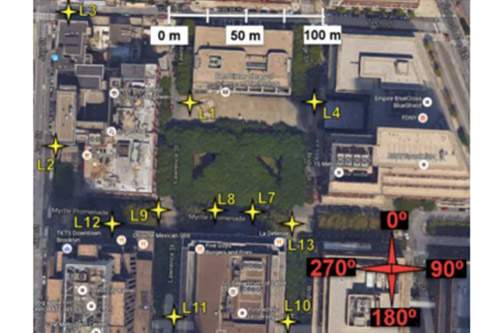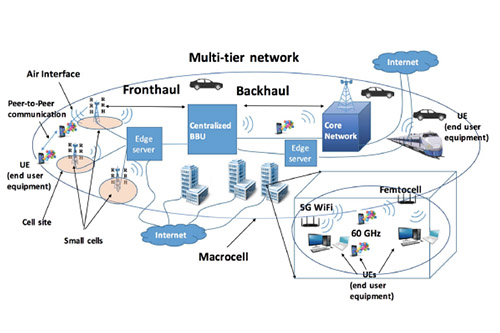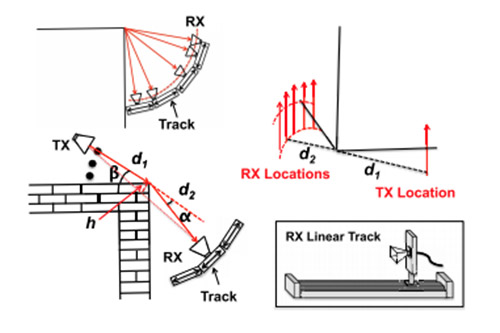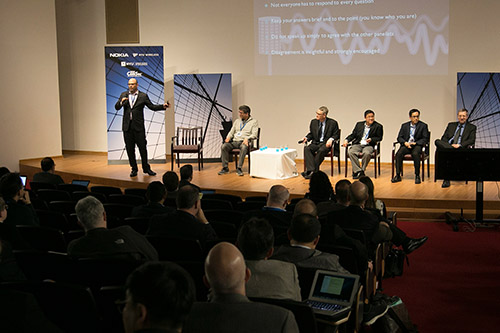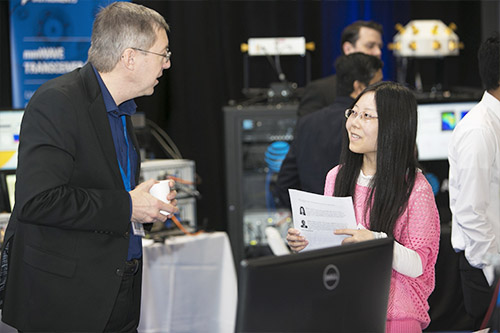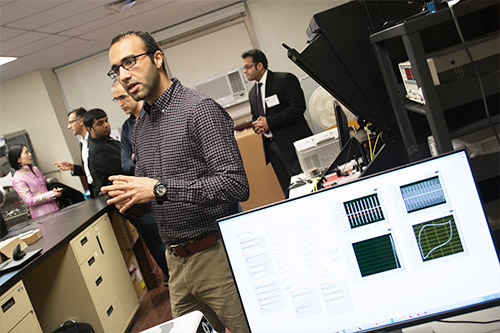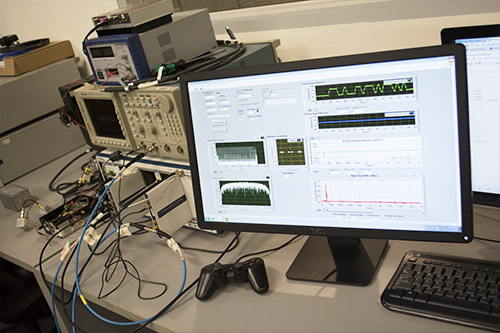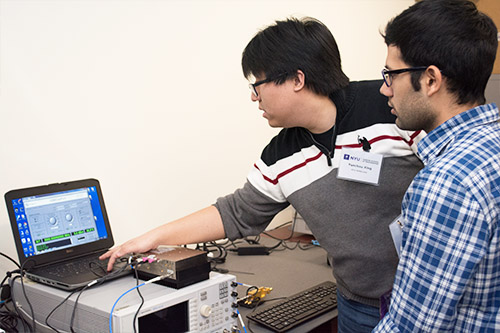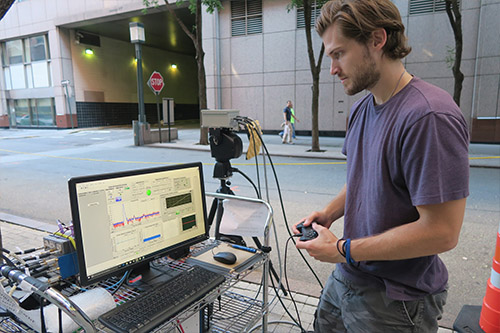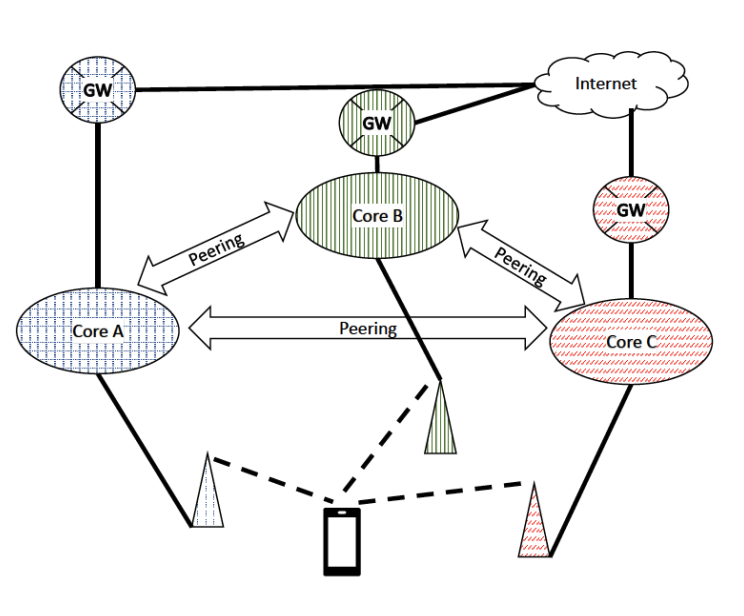CAREER: NeuroTap: Chip-Scale High-Resolution Neural Recording with Wireless Communication and Powering
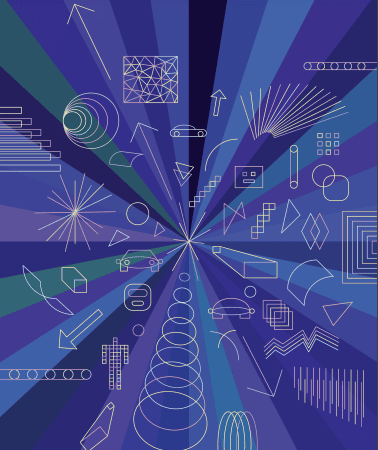
NYU Wireless P.I.s
Research Overview
Recent advances in neurotechnology, driven by neural interfaces, have dramatically enhanced our understanding of brain function. These breakthroughs are laying the groundwork for next-generation neural prosthetic systems and innovative treatments for neurological disorders. Real-time neural monitoring across a large number of neurons is essential to achieving this vision, with future advancements in neuroscience relying on the ability to acquire high-resolution neural data from single neurons. On the other hand, clinical requirements for neural interfaces continue to demand compact wireless devices capable of long-term in-vivo operation to address potential safety concerns. Despite significant progress in high-resolution neural probes, current limitations in wireless connectivity, power delivery, and signal acquisition circuitry (particularly with respect to energy efficiency and hardware integration) have hindered the scalability of neural interfaces capable of recording from thousands of channels simultaneously. This project seeks to revolutionize neural interfaces by tackling the above challenges associated with powering, communication, and data acquisition for brain-machine interface systems. It will focus on developing innovative wireless systems that combine advanced wireless power transfer methods, energy-efficient and high-bandwidth integrated circuits, and large-scale neural data recording capabilities. In addition to its technical objectives, the project promotes education and outreach through the development of new curricula, mentorship programs, and interactive hands-on workshops. By integrating advancements in bioelectronics, system design, and educational initiatives, this project has the potential to strengthen U.S. leadership in the semiconductor industry while contributing significantly to public welfare.
The overarching goal of this CAREER project is to advance the theoretical and engineering foundations of wireless neural interfaces. This goal will be achieved through the development of wirelessly powered distributed integrated systems and by fundamentally improving power delivery, energy efficiency, wireless communication data throughput, and the number of simultaneous neural recording channels by an order of magnitude. Adopting a holistic system-on-chip (SoC) design framework, this project includes three interlocked research thrusts. First, it will explore a novel architecture for wireless power transmission to miniaturized implants using programmable near-field electromagnetic fields. The architecture will employ multiple focused power beams to increase received power without the risk of increasing thermal absorption in biological tissues. Second, it aims to scale communication bandwidth through antenna-circuit codesign and high-order modulation schemes, enabling real-time data transmission with minimal latency under stringent power and form-factor constraints. Finally, it will develop a large-scale neural electrode array and high-count readout circuitry with a novel readout/routing-sharing architecture. This approach reduces the number of amplifiers and interconnects required for high-channel-count neural recording interfaces at ultrafine scales. The research project employs a cross-disciplinary methodology, ranging from theoretical development to experimental demonstrations. It encompasses analysis from Maxwell’s equations to antennas and metasurfaces, as well as integrated circuit design, alongside extensive simulations and experiments. The project aims to develop new knowledge in the area of implanted electronics and seeks the development of miniaturized batteryless implants with unprecedented performance, ultimately establishing the foundation of the next-generation neurotechnology.

 2026 Open House
2026 Open House 2025 Brooklyn 6G Summit — November 5-7
2025 Brooklyn 6G Summit — November 5-7 Sundeep Rangan & Team Receive NTIA Award
Sundeep Rangan & Team Receive NTIA Award